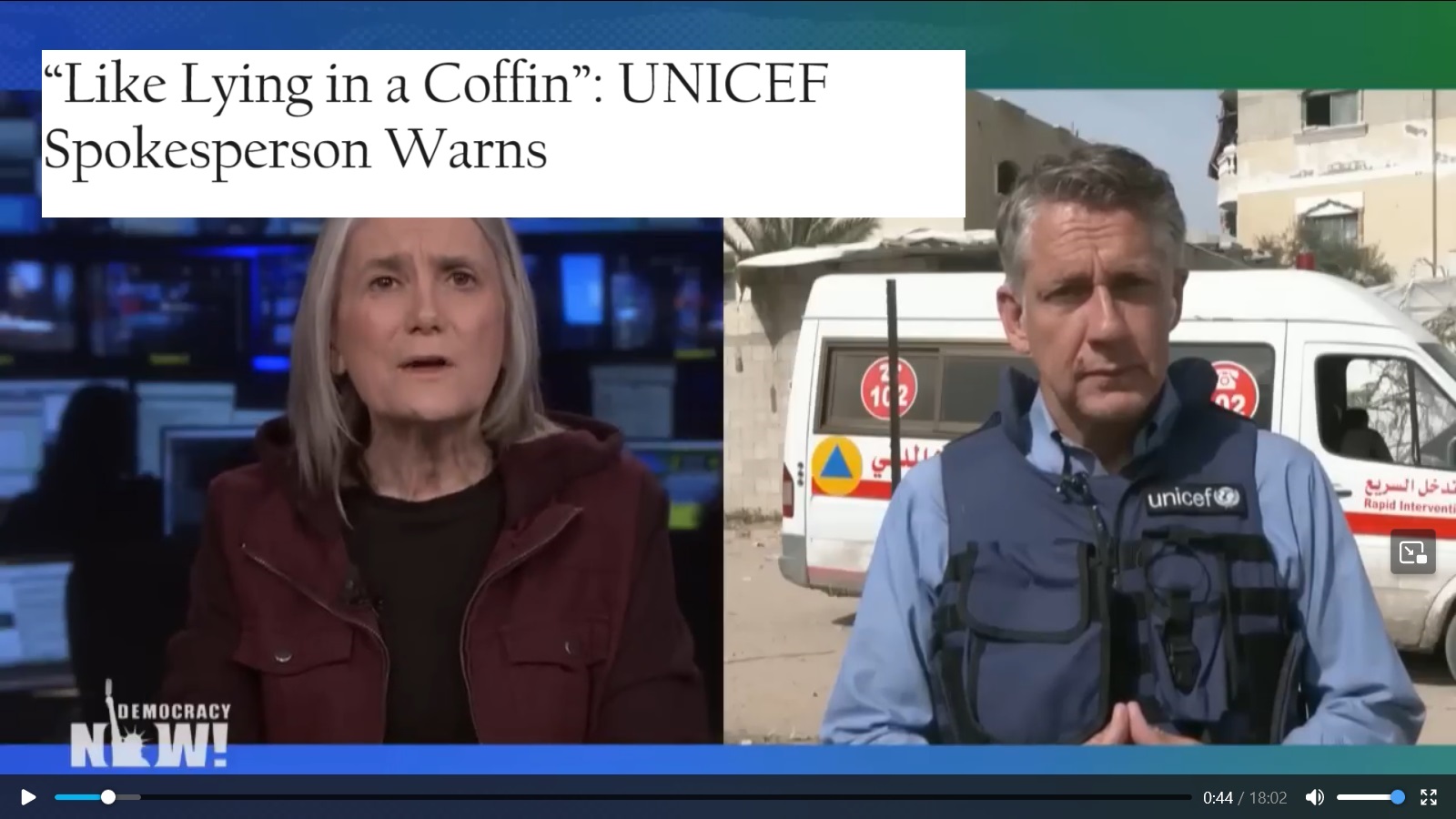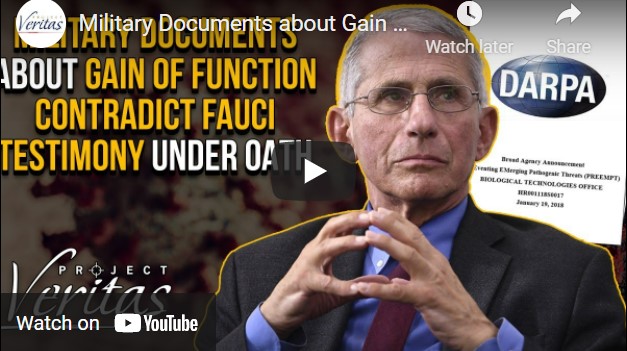Cap and Blow?
 Saturday, July 17, 2010 at 08:24PM
Saturday, July 17, 2010 at 08:24PM 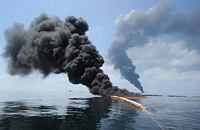 What the hell are they thinking in Washington, and down at the “Unified Command” in New Orleans, letting BP try to close off the oil volcano spewing out the top of the damaged Blowout Preventer (BOP) stack?
What the hell are they thinking in Washington, and down at the “Unified Command” in New Orleans, letting BP try to close off the oil volcano spewing out the top of the damaged Blowout Preventer (BOP) stack?
And what the hell is the mainstream press doing not asking about the clear evidence of oil or gas spewing out under pressure from cracks in the seafloor around the base of the BOP? (See the image of oil spewing from the sea floor.)
Sure the initial partial closing of the valves is working, but they haven’t built up much pressure yet--just to 6000 lbs/square inch, which isn’t much above the 5000 lbs/square inch at that depth of the ocean--and a lot could go wrong. seriously wrong, and good reason to think it will.
I made a call to the media office of the Unified Command, the office set up to respond to public and media inquiries about the disaster, which is supposedly composed of people from the US Coast Guard, other federal agencies, and BP. When I mentioned the videos taken by BP’s own remote operating vehicles (ROVs) of the oil and/or gas spewing from cracks in the sea floor, I was told I had to call the press office in Houston, “because you’re asking us a question about the sub-surface well.”
But here’s the thing. The press office in Houston is not run by the Unified Command. The people at the office there answer the phone with the phrase: “BP Press.” They do this because they are BP employees, and the office is in BP headquarters.















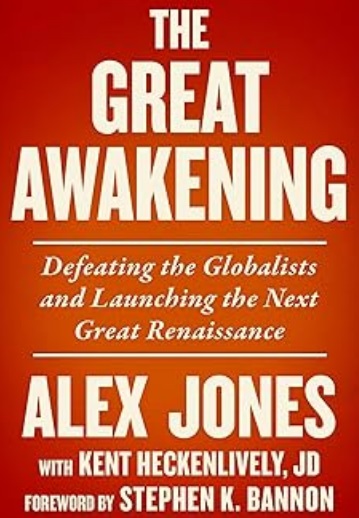




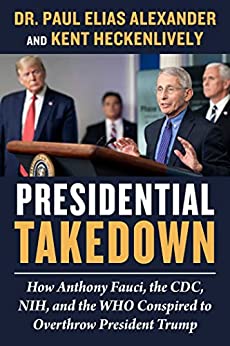

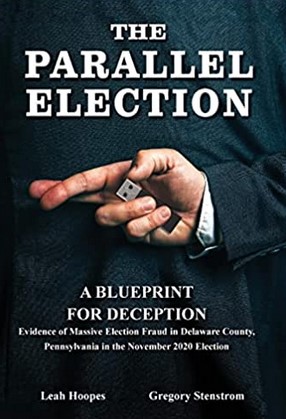



















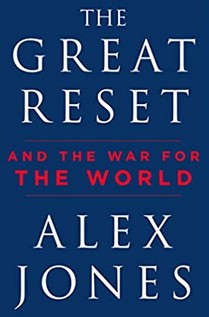



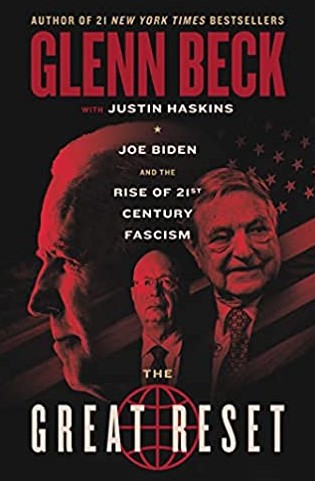






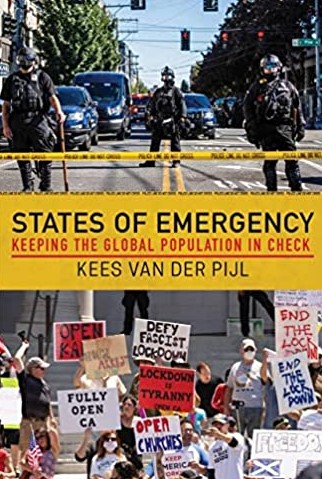

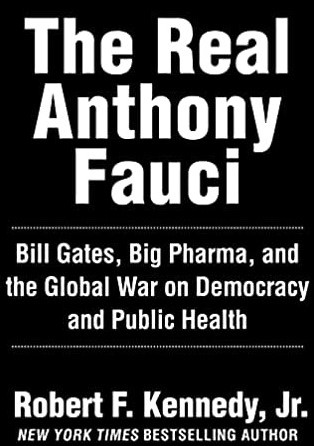

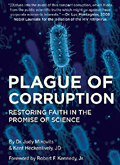
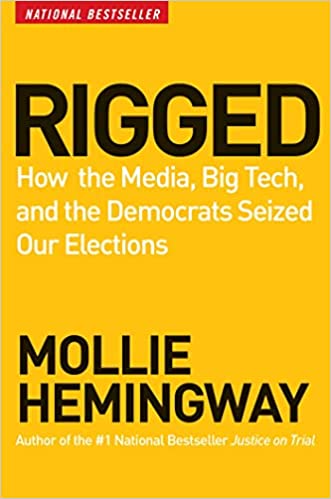








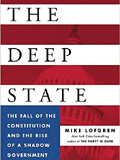

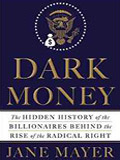

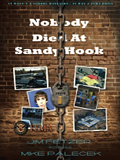
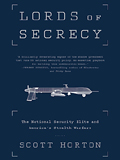



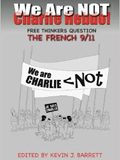



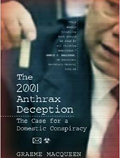


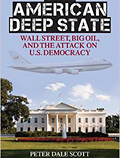


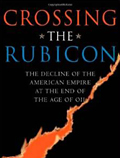
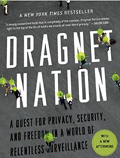
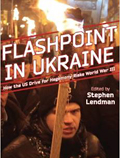



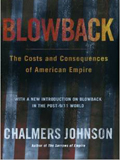




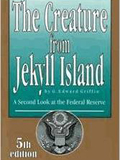





 How nervous should investors be about the Federal Reserve being more nervous?
How nervous should investors be about the Federal Reserve being more nervous?
 Before a bomb gets dropped in Afghanistan, dozens of people weigh in: Air controllers bark coordinates over a radio; officers double-check the target’s location against digital maps; pilots survey the scene with cameras from on high; far-flung intelligence analysts scour the plane’s footage and discuss it in a secure chat room; military lawyers make sure the strike complies with the rules of war; commanders weigh the potential combat benefits of a bomb against the risks of civilian deaths.
Before a bomb gets dropped in Afghanistan, dozens of people weigh in: Air controllers bark coordinates over a radio; officers double-check the target’s location against digital maps; pilots survey the scene with cameras from on high; far-flung intelligence analysts scour the plane’s footage and discuss it in a secure chat room; military lawyers make sure the strike complies with the rules of war; commanders weigh the potential combat benefits of a bomb against the risks of civilian deaths. (CHICAGO) - In a desperate attempt to stop a huge area of the Gulf ocean floor from possibly rupturing due to subterranean methane gas (leading to a calamity no human has ever seen) BP has ripped a page from science fiction books.
(CHICAGO) - In a desperate attempt to stop a huge area of the Gulf ocean floor from possibly rupturing due to subterranean methane gas (leading to a calamity no human has ever seen) BP has ripped a page from science fiction books.